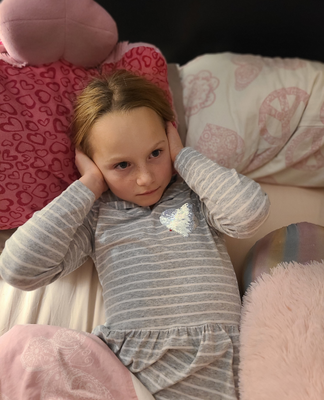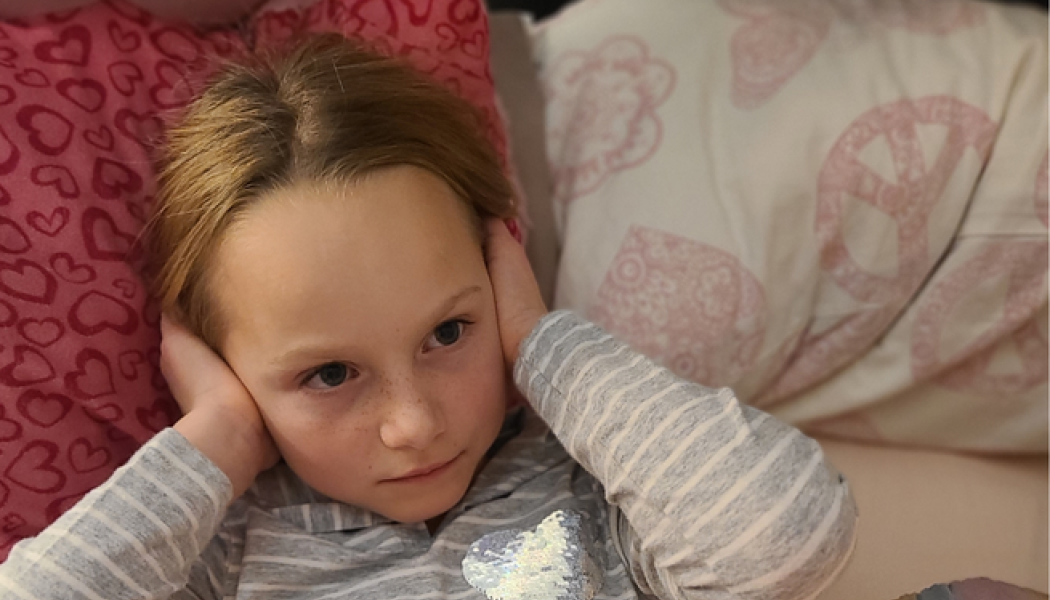“Mommy, Mommy, make it stop!”
“Make what stop?”
“It’s loud. They’re yelling!”
“Shhhhh, sweetie, no one is yelling.”
“Stop, stop, aaaaaaaaaaaahhhhhh.”
It’s 7 a.m. and, after I spent the night treating her high fevers, Marissa is finally feeling better but is suddenly terrified by what she’s hearing.
Most parents would be similarly terrified while seeing their child in such distress; flailing, yelling and confused. Not me. As an emergency doctor I have seen many other kids hallucinating these last few weeks while sick with Influenza A.
Our emergency department has been visited by children hearing loud sounds, seeing objects as too large or too far away, and feeling scared that someone or something is trying to hurt them.
These young patients have all been influenza positive.
















